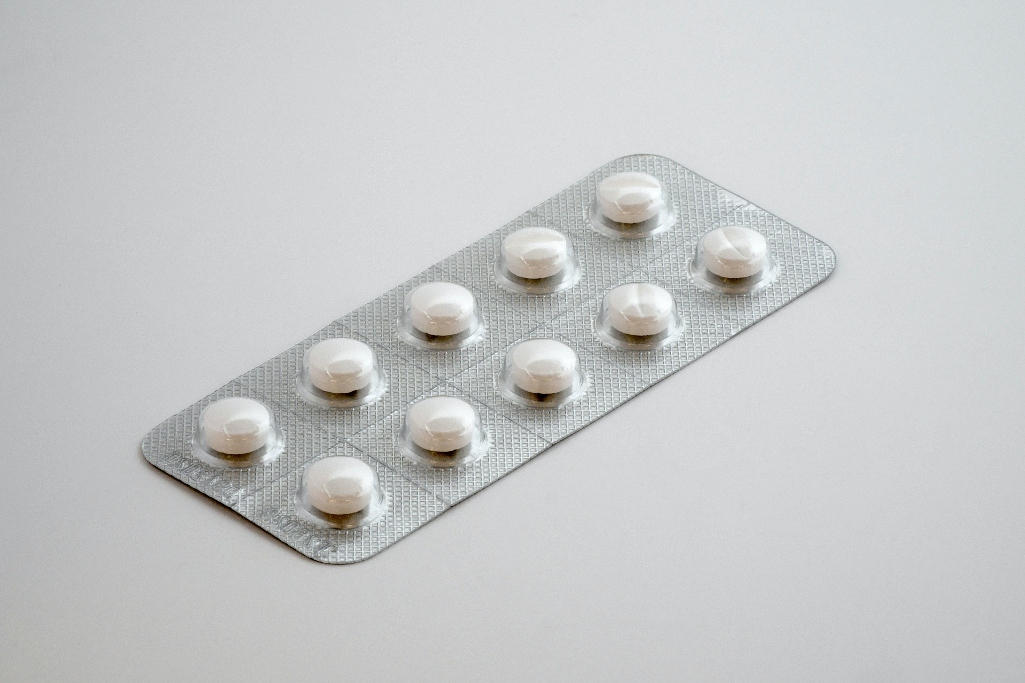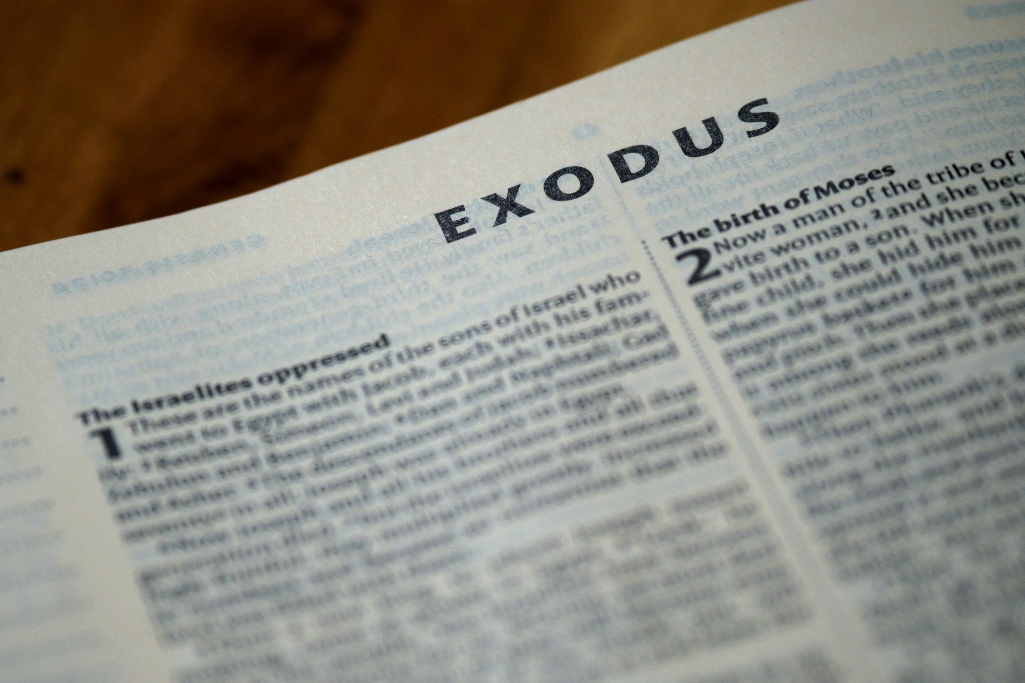
BATON ROUGE, La. (BP) — A bill to make abortion pills controlled substances received final approval of Louisiana legislators May 23, positioning the state to be the first to add such limitations to the medications.
The bill becomes law upon Republican Gov. Jeff Landry’s signature, which is expected, further regulating mifepristone and misoprostol as Schedule IV controlled substances, on par with various sedatives, pain pills and depression and anxiety drugs with a low potential for abuse and dependence.
Prescriptions for mifepristone and misoprostol are already illegal in Louisiana, as is abortion, with only limited exceptions related to the expectant mother’s health. Currently, unlawful possession of Schedule IV drugs in Louisiana is punishable by a fine of up to $5,000 and/or imprisonment of one to five years, according to Louisiana Revised Statute 40:969.
Despite the pills’ illegality in Louisiana, by the end of 2023, about 8,000 women a month in states where the pills are illegal were receiving them in the mail from states that allow their use, a #WeCount survey found.
Louisiana approved the bill as the nation awaits the U.S. Supreme Court’s ruling on the Biden Administration’s challenge to a case seeking to further limit the availability and usage of mifepristone, even in states where abortions remain legal.
Senate Bill 276 began as a measure to create the crime of “coerced criminal abortion by means of fraud,” driven by Sen. Thomas Pressly in honor of his sister Catherine Herring and her daughter Josephine. Herring was unknowingly given the drugs in Texas by her estranged husband, who pleaded guilty to the crime. Their daughter Josephine was born with developmental delays.
But the House amended the bill to add the additional restrictions, which the Senate approved. The bill criminalizes abortion attempts regardless of their success but exempts pregnant women from penalties related to their own consumption, in line with Louisiana’s anti-abortion law exempting mothers from prosecution.
Jason Thacker, Ethics & Religious Liberty Commission (ERLC) senior fellow in life and bioethics, has spoken favorably of the bill.
“With more than half of all abortions in America now being performed through the two-step abortion pill regimen,” Thacker told Baptist Press, “it is clear that concrete steps must be taken to restrict the illegal distribution of these drugs and do all that we can as a society to champion the dignity of both the pre-born and their vulnerable mothers.
“Arguing that bodily autonomy or mere personal choice should govern all abortion-related decisions fails to account for the deadly and deeply dehumanizing outcome of all abortion practices,” said Thacker, who is also an assistant professor of philosophy and ethics at Boyce College. “Legislation like this must recognize these realities as well as the dangers to women who take this medication who should be under the care of a physician.”
Under the bill, coerced criminal abortion would be punishable by five to 10 years of hard labor and/or a fine of $10,000 to $75,000. But when the unborn child is past three months’ gestation, which the bill authors said substantially increases the pregnant mother’s chance of harm or death, penalties would increase to 10-25 years of hard labor and/or a fine of $50,000 to $100,000, according to the text of the bill on the state legislature’s website. The bill also designates the distribution of the drugs as racketeering, subject to current state penalties.
In the U.S. Supreme Court case, Food and Drug Administration v. Alliance for Hippocratic Medicine, the ERLC submitted a brief in support of the lower court ruling ending the distribution of the drug by mail, prohibiting its use after seven months of pregnancy and requiring in-person doctor visits for the drug to be administered.
The High Court heard the case March 26, with a decision anticipated in June or July.
(EDITOR’S NOTE — Diana Chandler is Baptist Press’ senior writer.)


